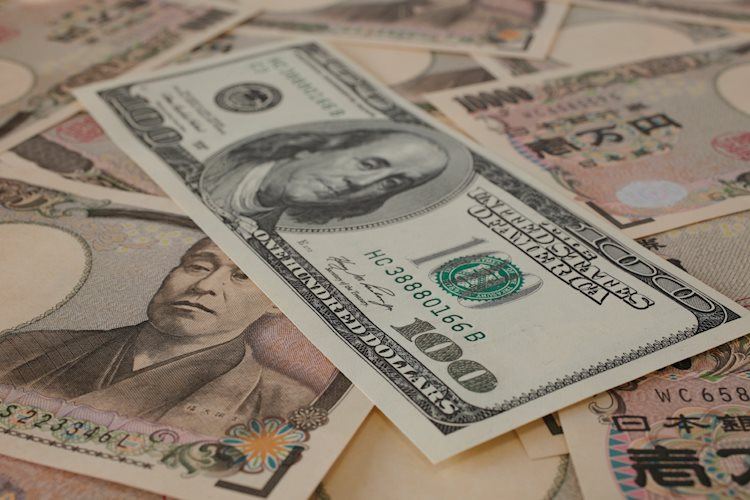The USD/JPY pair is trading stronger around 155.85 in the early Asian session on Wednesday, breaking a two-day losing streak. Speculation is growing that the Bank of Japan (BoJ) may increase interest rates to boost the currency. A senior official in the ruling party has mentioned the importance of the central bank clearly communicating its intent to normalize monetary policy through steady interest rate hikes. Despite expectations of further tightening of monetary policy by the BoJ, some analysts believe that the central bank will likely maintain accommodative policies. The upcoming BoJ monetary policy meeting will be closely monitored.
On the other hand, the Federal Reserve (Fed) is anticipated to cut interest rates in September, with high market expectations for at least a quarter-point rate cut. Investors are eager to receive insights from key US economic data, particularly the US preliminary S&P Global PMIs for June, which are expected to be released later on Wednesday. Additionally, the upcoming US Q2 Gross Domestic Product (GDP) and Personal Consumption Expenditure Price Index (PCE) data for June will also be in focus later this week. These data releases are likely to influence the USD/JPY pair’s movement.
The Japanese Yen (JPY) is a highly traded currency, with its value influenced by various factors such as the performance of the Japanese economy, Bank of Japan policies, and the differential between Japanese and US bond yields. The Bank of Japan plays a crucial role in currency control, with measures taken to stabilize the value of the Yen. The BoJ’s current ultra-loose monetary policy has led to the depreciation of the Yen against major currency pairs. The policy divergence between the BoJ and other central banks, such as the US Federal Reserve, has widened the differential between US and Japanese bond yields, favoring the US Dollar against the Japanese Yen.
As a safe-haven investment, the Japanese Yen tends to strengthen during times of market stress, as investors seek the currency for its perceived reliability and stability. This behavior is due to the Yen’s status as a safe-haven asset in the financial markets. Turbulent market conditions often lead to an increase in demand for the Yen, pushing its value higher against riskier currencies. Overall, the Japanese Yen remains a key currency in the foreign exchange market, with its value influenced by a combination of economic data, central bank policies, and market sentiment. Traders and investors closely monitor developments in Japan and globally to gauge the Yen’s future performance against other major currencies.











